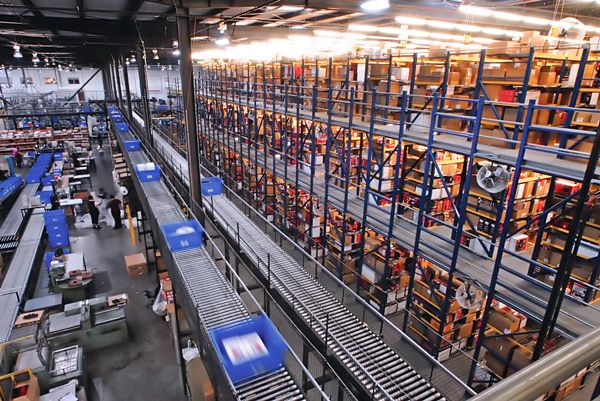Key Supply Chain KPIs You Should Be Tracking
In today’s fast-paced tech industry, supply chain management is more important than ever. Ensuring that your products are delivered on time and in optimal condition is crucial to the success of your business. To achieve this, it is essential to track key performance indicators (KPIs) that can help you measure the efficiency and effectiveness of your supply chain operations. In this article, we will discuss some of the most important supply chain KPIs that tech companies should be tracking.
On-time Delivery Rate
One of the most critical KPIs for any supply chain is the on-time delivery rate. This metric measures the percentage of orders that are delivered to customers on or before the promised delivery date. A high on-time delivery rate indicates that your supply chain is operating efficiently and effectively, while a low rate could be a sign of inefficiencies or bottlenecks in the process.
Inventory Turnover
Inventory turnover is another important KPI for tech companies to track. This metric measures how quickly your inventory is being sold and replaced. A high inventory turnover rate indicates that your products are in high demand, while a low rate could signal that you have too much inventory on hand, tying up valuable capital.
Order Accuracy
Order accuracy is a crucial KPI for ensuring customer satisfaction. This metric measures the percentage of orders that are delivered without any errors, such as incorrect items or quantities. A high order accuracy rate indicates that your supply chain is functioning smoothly, while a low rate could result in dissatisfied customers and increased costs for returns and replacements.
Supplier Lead Time
Supplier lead time is a KPI that measures the time it takes for your suppliers to deliver raw materials or components. A shorter lead time can help reduce inventory holding costs and improve production efficiency, while a longer lead time could result in delays and disruptions to your supply chain.
Transportation Costs
Transportation costs are a significant expense for many tech companies, so tracking this KPI is essential for managing your supply chain costs effectively. By measuring the cost per unit of transportation, you can identify opportunities to optimize your logistics operations and reduce expenses.
Warehousing Costs
Warehousing costs are another critical KPI to track, as they can significantly impact your overall supply chain expenses. By monitoring the cost per unit of warehousing, you can identify opportunities to streamline your storage and distribution processes and minimize costs.
Return Rate
The return rate is a KPI that measures the percentage of products that are returned by customers. A high return rate could indicate quality issues or inaccuracies in your order fulfillment process, while a low rate suggests that your products are meeting customer expectations.
In conclusion, tracking these key supply chain KPIs can help tech companies improve efficiency, reduce costs, and enhance customer satisfaction. By monitoring and analyzing these metrics regularly, you can make informed decisions that drive success in your supply chain operations.

